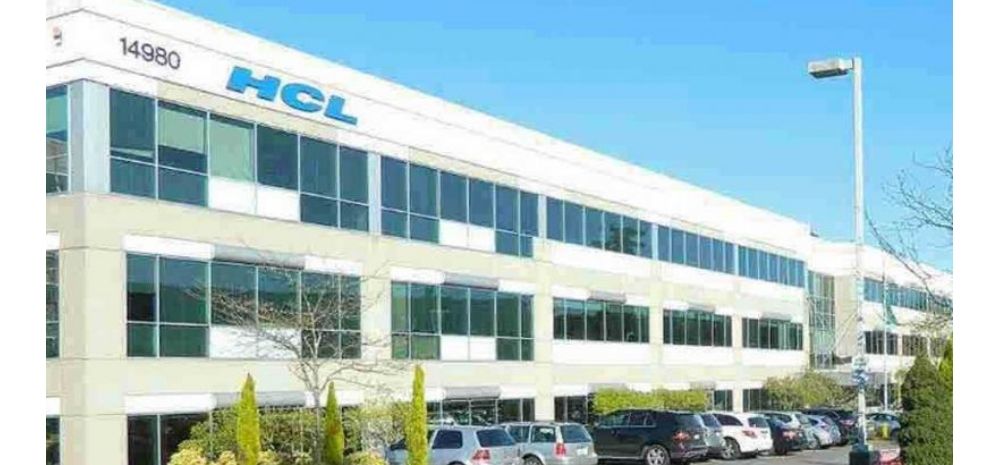HCL and Cyient Blamed For Boeing 737 Max Failure, Leading to the Death of 346 Passengers; Is This Fair?

A recent report from Bloomberg has discovered that the Boeing Co.’s 737 Max crisis has actually been a disaster with knots tied to the Indian engineers working for HCL Technologies and Cyient Ltd. The Indian IT sector believes that it is being unfairly targeted for technology issues.
The Boeing 737 Max is the infamous line of planes linked to the Lion Air crash last October and the Ethiopian Airlines disaster in March. After the two fatal crashes, which killed a total of as many as 346 people, regulatory authorities around the world grounded the aircraft series until further notice.
The 737 Max Issue and How They’re Connecting it to Indian Engineers
The Bloomberg report released on June 28 says that the Boeing Max software was developed at a time when Boeing was firing its engineers to cut costs. This is when they turned to the Indian market as the labor there is efficient but cheap. Apparently, Boeing and its subcontractors relied heavily on temporary workers from India, who were earning as little as Rs 620 an hour, for developing and testing the 737 Max software.
These engineers from HCL and Cyient, many of them were college graduates, were asked to write complex codes, which surely would’ve been more efficient, had Boeing given it to its engineers. This led to a lot of corrections and tests because of the incorrect codes.
While HCL Tech helped develop and test Max’s flight display software, Cyient handled the software for its flight test equipment.
What Does Boeing, HCL and Cyient have to Say?
After allegations stringing Boeing Max’s software failure leading to the deaths of about 346 people in 2 airplane crashes, to Indian IT companies HCL Technologies and Cyient Ltd, the Indian IT sector feels that they are wrongly being dragged onto matters where they aren’t at wrongdoings.
HCL and Cyient both refused the allegations. HCL Tech said that they have a history of projects with The Boeing Company and take pride on the work they do for their clients but they haven’t been involved in any ongoing issues with the 737 Max. Cyient, on the other hand clears that they invest a lot of rsources in hiring the best pool in the industry, which include 1,000 engineers they’ve hired in the US.
Boeing too, has refused the allegations and said the company did not rely on engineers from HCL and Cyient for the MCA System, linked to the two crashes. It said that it didn’t rely on either firm for another software issue that was disclosed after the crashes.
Boeing has been associated with the two companies right since 2000. In 2010, Boeing also partnered with HCL to “create software critical for flight test”. The next year in 2011, it announced to work with Cyient Ltd for design, stress analysis and software development of 787 and 747-8 planes.
Indian IT services companies have been working for nearly two decades with Boeing and Airbus, building software for their planes. This has made both the aircraft manufacturers look at India as a hub for building software and other technology solutions. Airbus and Boeing, each, have an engineering centre in Bengaluru and are expanding their operations in the country.

Comments are closed, but trackbacks and pingbacks are open.